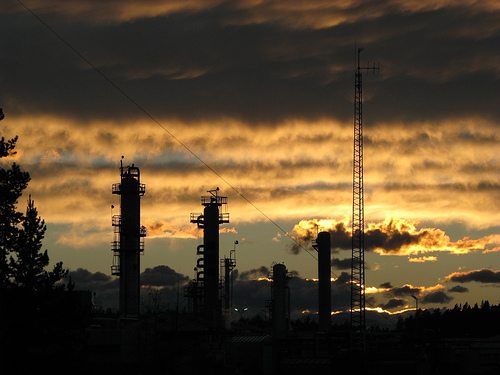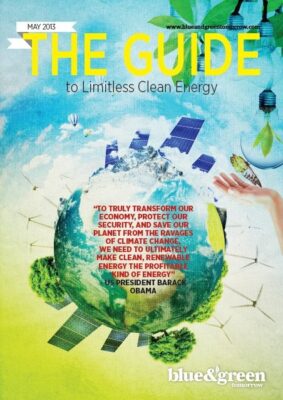

Economy
Fossil fuels will still dominate economy in 2035, says UAE official
Despite advances in renewable energy, the global demand for oil will continue to grow in the coming decades, according to Ali Obaid Al-Yabhouni, UAE governor for the Organisation of Petroleum Exporting Countries (OPEC).
Speaking at an industry conference on Tuesday, Al-Yabhouni claimed that demand will reach more than 109m barrels a day by 2035.
“By 2035, fossil fuels will still comprise more than 80% of global supply”, he said.
“Gas use is expected to grow steadily to 25%, while coal use is expected to remain unchanged at 29%. Oil’s share is bound to fall behind coal, from 34% to 28% of the global energy mix.”
Al-Yabhouni said that the increasing demand is largely caused by emerging nations, with 80% of the increase coming from developing Asia.
In June, the US Energy Information Administration (EIA) said that oil demand in developing countries had surpassed that of wealthy nations for the first time ever.
Studying figures from April, the report claimed that demand from the less wealthy members of the Organisation of Economic Cooperation and Development (OECD) had risen by almost 50% in the last decade.
With oil demand in Western Europe and the US generally diminishing in the spring, the year 2014 should see the developing world become the majority consumer of the world’s oil, the EIA said.
In the Gulf itself however, the future is looking increasingly bright for solar energy. It was estimated recently that solar will be one of the main sources of power in the region by 2017.
Organisers of GulfSol 2013, an event dedicated to the solar industry, said last week that the Gulf countries had collectively planned over 570 billion dirham (£103 billion) worth of solar power installation projects.
The oil-rich UAE and Saudi Arabia both have renewables targets in place. UAE capital Abu Dhabi has set a goal of generating 7% of its electricity from renewables by 2020, while Dubai aims for 5% by 2030.
Last year, a member of the Saudi Arabian royal family said the country was aiming to generate 100% of its energy from clean and low-carbon sources in the future.
Further reading:
Global energy still on an unsustainable path, says IEA
Middle East’s focus on solar could spark an energy transformation in region
Middle Eastern renewables receive encouraging boost
Libya could produce more energy from renewables than oil, says study
From oil-rich to renewables-rich: a Middle Eastern energy shift?


 Environment12 months ago
Environment12 months agoAre Polymer Banknotes: an Eco-Friendly Trend or a Groundswell?

 Features11 months ago
Features11 months agoEco-Friendly Cryptocurrencies: Sustainable Investment Choices

 Features12 months ago
Features12 months agoEco-Friendly Crypto Traders Must Find the Right Exchange

 Energy11 months ago
Energy11 months agoThe Growing Role of Solar Panels in Ireland’s Energy Future






























